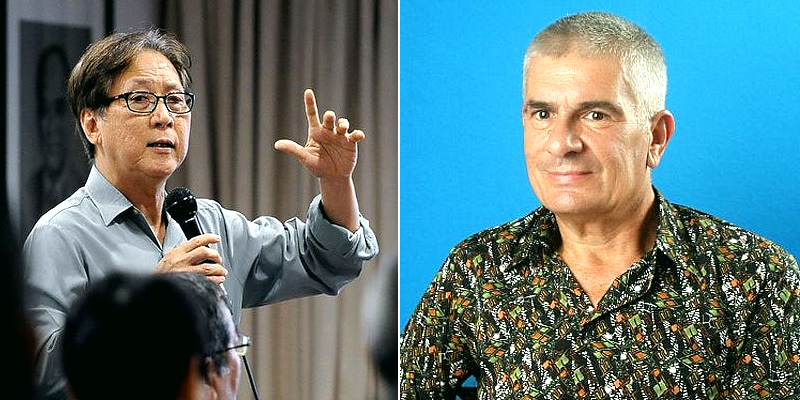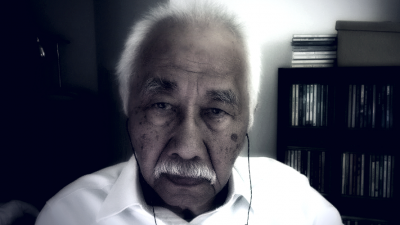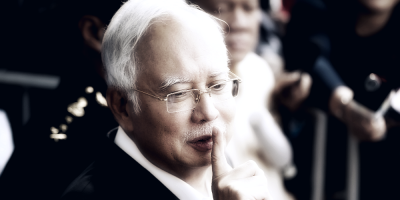
Most Malaysians have been disillusioned with the present race-based party system in Malaysia.
However, when proposals are put forward towards changing the system, many armchair critics knock down these ideas as being undoable.
Not surprisingly, most members of the public have given up on the possibility of a genuine grassroots-based multiracial party with membership, leadership and agenda that are fully representative of the nation’s diverse racial stakeholders.
Many feel they have to live with the reality of the status quo in Malaysian politics with its current mix of coalition and race-based identity politics and parties.
This failure to establish fully representative multiracial parties in place of the racially based or racially dominant ones in the coalition system has become the Achilles heel of Malaysia’s politics, economy and society.
It affects everything else. In politics we see it in the choice of candidates, party manifestos, campaigning, the composition of cabinets and government.
All these forces and dynamics lead to and reinforce racially based rather than multiracially based policies.
Race-based politics and political parties are a key part of what is holding the nation back.
Changing demographics
Malaysia’s changing demographics indicate that a Malay-centric coalition made up of racial and religious parties may soon become the natural government at the federal level and in majority of states.
This will take the nation on a more pronounced ethno-religious trajectory.
This ethno-nationalistic trend is occurring while the rest of the world has adopted a neo-globalistic view of the world.
Middle East countries are drifting away from their religion-centric stance with some of the Gulf States as examples today.
Many nations have also realised that the cost of not reforming politics and political parties could end in a revolt by their citizenries.
Nothing as drastic as that has happened in Malaysia yet. However, hopelessness and despair is taking its toll as evidenced by the increasing brain drain.
Today, the mobility of Malaysians is much greater than before. Malaysia’s best talent, both Malay and non-Malay, will continue to pack up and leave if the political system and resultant politics remain unchanged.
Race-based politics and political parties are a key part of what is holding the nation back.
The probability that any other form of progressive political or electoral reform such as constituency redelineation or proportional representation can be undertaken appears to be a non-starter or is highly unlikely.
The more feasible option would be to create and incentivise genuine multiracial politics based upon purposely and deliberately formatted multiracial parties that draw on the existing parties or new ones intending to contest GE16.
Creating one, two or even three separate multiracial political parties from the current coalitions in government and the opposition to contest in GE16 is definitely a challenge.
However, we are of the opinion that this is not impossible. We are also confident that the evolution of the present system of multiple and fragmented parties in coalitions to one comprising competing unitary multiracial parties can and will receive widespread public support – if not in GE16, in the following one.
What is also unique in our proposal is that it can provide a new and stronger basis for bringing together the political constituencies from Peninsula and East Malaysia which have drifted apart.
The merger of geographical and race-based parties and their convergence into unified multiracial parties drawing support from the national rather than regional electorate will not only help defuse separatist sentiments. It can strengthen national solidarity and unity, too.
Enter multiracial political parties
The only way Malaysia can get away from the long past shelf life of race-based and religious-based political parties is to move now towards the creation of openly and explicitly multiracial parties.
Any big-tent multiracial political party that can emerge must be based on membership from different races and geographical areas joining and working together in the interest of a common national electoral agenda in which racial and religious interests are subordinated to the larger national good.
The forces against and for multiracial political parties
Other than the pundits who will throw cold water on this concept, there are likely to be forces that will resist any change to the current party configuration in the prevailing coalition systems.
Other hurdles, some unforeseen, will stand in the way. But they can be overcome if the leadership and membership of the current parties are prepared to break out from their racial silos and work with one another to begin the process of reconfiguring their parties into singular multiracial entities.
Young multiracially oriented talent kept away from the inner sanctums of power and positions in the existing party system today can emerge more quickly and easily in the new multiracial parties that we propose.
Their emergence backed by the multiracial membership and multiracial electoral agenda of these reconstituted parties can be the definitive game changer that Malaysia needs for a cohesive and brighter future.
(Lim Teck Ghee is a former senior official with the United Nations and World Bank; Murray Hunter is an independent researcher and former professor with the Prince of Songkla University and Universiti Malaysia Perlis.)
ADVERTISEMENT
ADVERTISEMENT








































